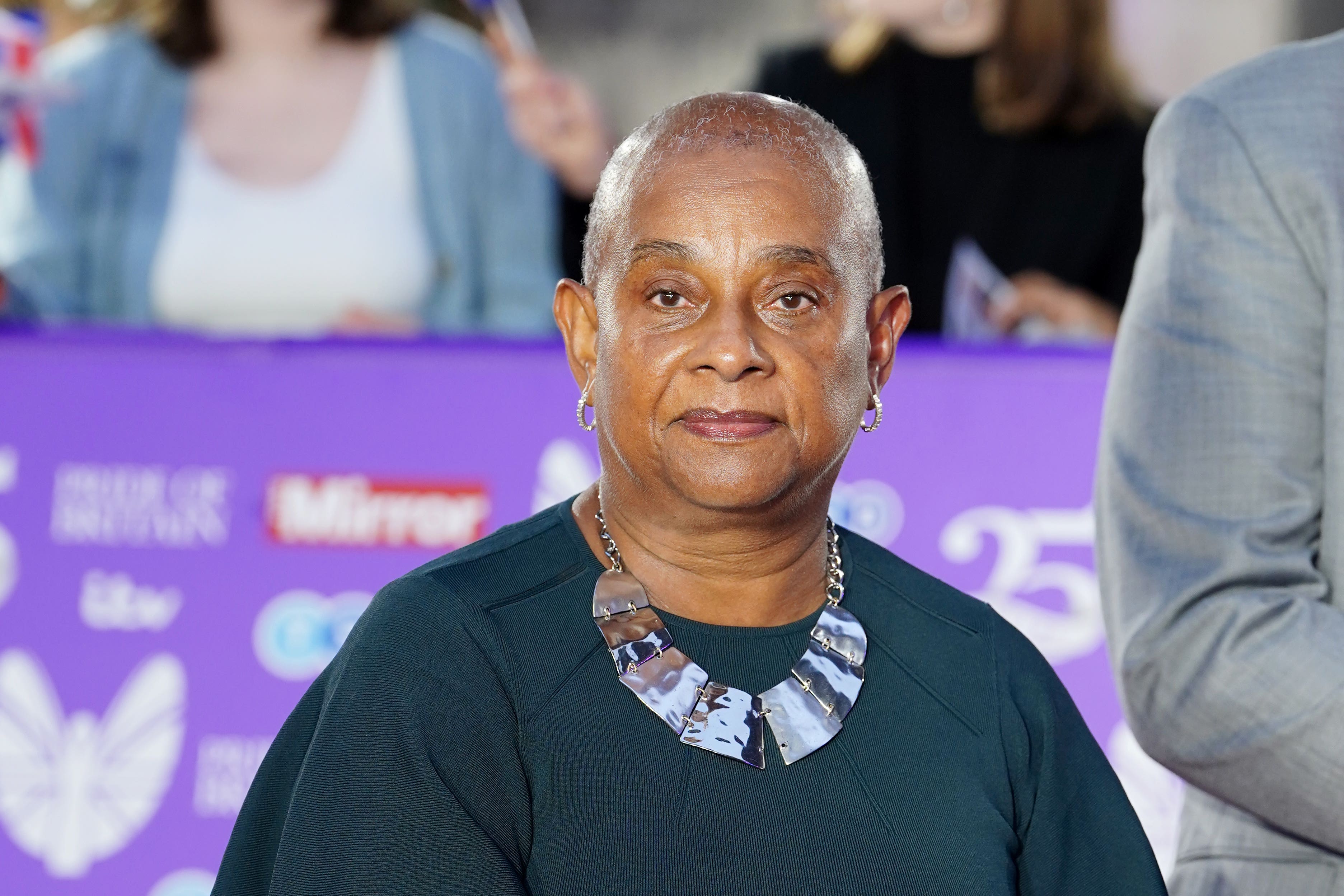Time to ‘think about’ reparations for slave trade, says Doreen Lawrence
The Labour peer argued it was a contemporary issue given taxes had been used to help compensate slave owners up until 2015.

Your support helps us to tell the story
From reproductive rights to climate change to Big Tech, The Independent is on the ground when the story is developing. Whether it's investigating the financials of Elon Musk's pro-Trump PAC or producing our latest documentary, 'The A Word', which shines a light on the American women fighting for reproductive rights, we know how important it is to parse out the facts from the messaging.
At such a critical moment in US history, we need reporters on the ground. Your donation allows us to keep sending journalists to speak to both sides of the story.
The Independent is trusted by Americans across the entire political spectrum. And unlike many other quality news outlets, we choose not to lock Americans out of our reporting and analysis with paywalls. We believe quality journalism should be available to everyone, paid for by those who can afford it.
Your support makes all the difference.Britain should apologise and “think about” paying reparations for its historical involvement in the slave trade, the mother of murdered black teenager Stephen Lawrence has said.
Speaking in Parliament, Doreen Lawrence argued it was a contemporary issue given taxes had been used to help compensate slave owners up until 2015.
The Jamaican-born Labour peer made her comments after the UK failed to keep language on reparations out of a joint statement signed by attending nations at a major Commonwealth summit.
The Government has repeatedly ruled out offering redress or an apology for the UK’s historical involvement in the trade.
Now is the time to apologise and think about reparation, because countries have suffered
But the final communique signed at the Commonwealth Heads of Government Meeting (Chogm) in Samoa acknowledged calls for discussions on “reparatory justice” and said they “agreed that the time has come for a meaningful, truthful and respectful conversation towards forging a common future based on equity”.
Responding to a statement on the recent summit, Baroness Lawrence of Clarendon said: “This Government and the previous government seem to have missed the fact that countries’ resources were reaped and taken, and the people suffered so much.
“Now is the time to apologise and think about reparation, because countries have suffered.”
Foreign minister Lord Collins of Highbury said: “I recognise her strength of feeling on this subject.
“She is absolutely right to describe the horrific nature of the slave trade, which is a stain on our history and something we need to have honest and open dialogue about.
“I believe that the current Government’s position is clear. We will focus on the future and build an inclusive and fair economic partnership for the future.
“We will focus on addressing the real and genuine challenges that the world faces at the moment – primarily climate change and security.”
Earlier, Tory frontbencher Lord Callanan said: “It seems that the Government were outmanoeuvred on the issue of reparations.
“While of course we must never forget history, we must move forward to a brighter future and focus on the pressing issues of today.”
Lord Collins said: “We fully recognise the horrific impacts of the transatlantic slave trade and the understandable ongoing strength of feeling on the issue across communities in the United Kingdom and our Commonwealth family.
“Commonwealth heads agreed in Samoa that the time has come for a meaningful, truthful and respectful conversation on the issue.
“We remain committed to continuing that dialogue with our partners in the Caribbean and beyond as we work to tackle the issues of today, in particular strengthening our partnerships for the future.”
The British government paid £20 million to slave owners in compensation when slavery was abolished across most of the empire in 1833, which at the time amounted to 40% of the Treasury’s annual income.
It had to take out massive loans to be able to raise the cash, with the debts finally being paid off in 2015.
The public became aware of this only in 2018, after the Treasury shared a post on social media, which declared: “Millions of you helped end the slave trade through your taxes.”
It sparked a backlash, with many upset their money had ultimately been used to compensate 46,000 slave owners.